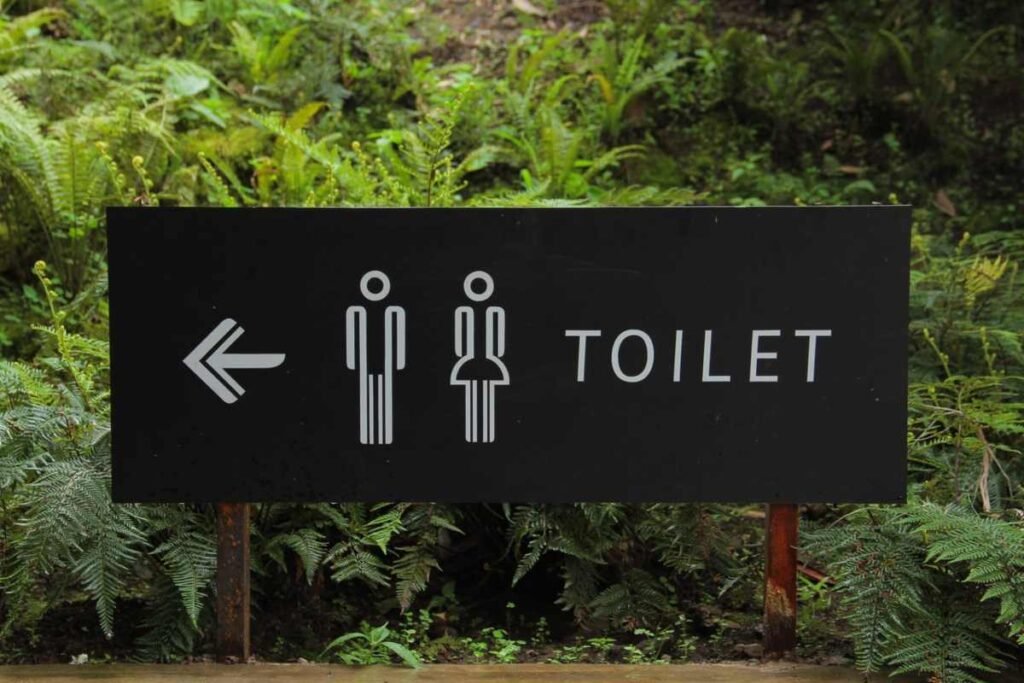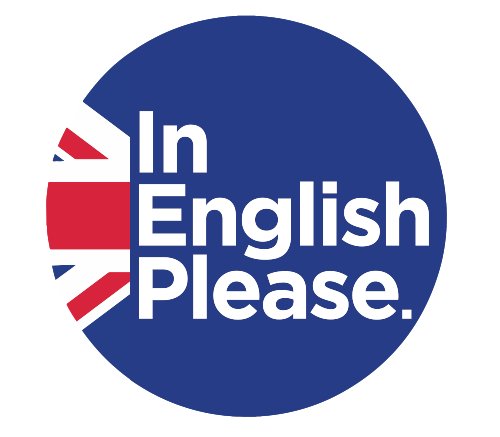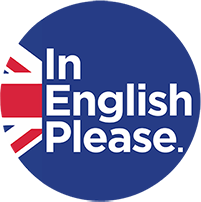There is/there are

¿Cuándo se utiliza there is/there are?
Ambos significan hay en castellano. Cada uno indica si de lo que estamos hablando es singular o plural.
There is. Hay (una sola cosa)
There are. Hay (más de una cosa)
Ejemplos:
There is a cat in the garden. Hay un gato en el jardín
There are 2 oranges in the box. Hay 2 naranjas en la caja.
Se puede utilizar la forma contraída también:
There is. There’s
There are. There’re
Frases interrogativas
Tan solo hay que invertir el orden el sujeto y verbo como puedes ver en la tabla.
| Frase Afirmativa | Frase Interrogativa |
| There is a museum. Hay un museo | Is there a museum? |
| There are apples in the fridge. Hay manzanas en la nevera. | Are there apples in the fridge? |
*Nota:
Ten cuidado, algunas palabras como estas tienen plural irregular (es decir, no termina en s o es):
| Singular | Plural |
| Person (There is 1 person) | People (There are 3 people) |
| Child (There is 1 child) | Children (There are 4 children) |
En cuanto a la forma negativa de there is/there are, lo veremos más adelante en otro curso. ¡Ahora pasa al quiz en la lección siguiente para practicar!

